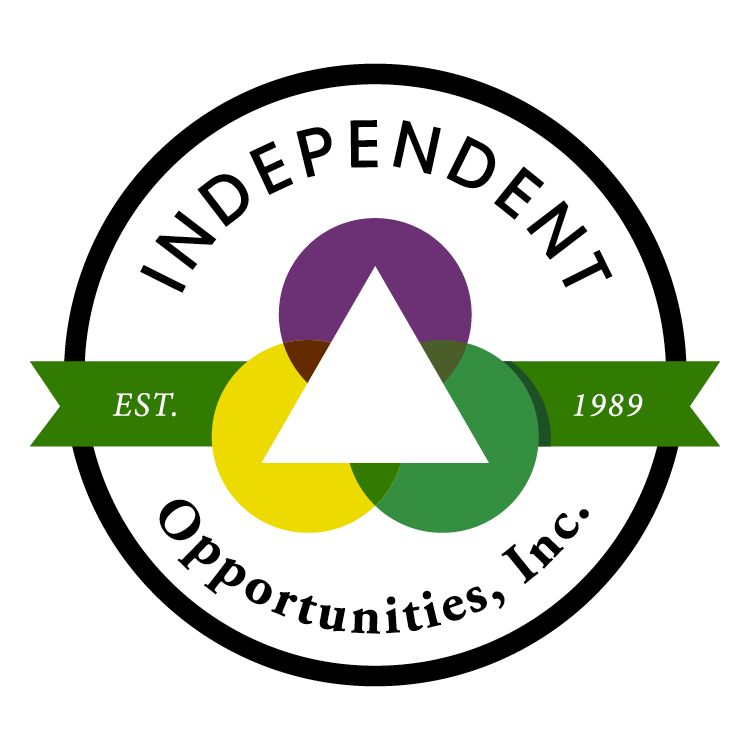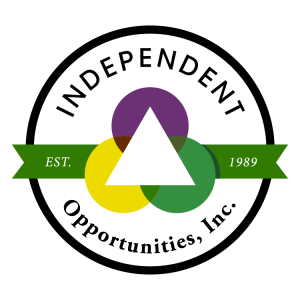RESPECTFUL LANGUAGE IS NOT ABOUT POLITICAL CORRECTNESS BUT AN ACKNOWLEDGEMENT THAT WORDS ARE POWERFUL TOOLS.
At IOI we recognize that one of the most important things our agency can do is to help preserve the dignity and personal significance of everyone that we are privileged to serve. We know that one of the best ways that individuals, organizations, and communities can move past stereotypes and show respect to persons with any disability is through the language that we all choose to use when we speak to or about anyone who has a particular disability or need. The truth is that language shapes behaviors and attitudes, and ultimately, relationships. If our choice of words reflects that conviction, then our relationships to people with disabilities may also largely reflect mutual respect and dignity.
People with intellectual and developmental disabilities are first and foremost people. Their humanity should never be lessened or denied because of a medical condition, diagnosis, or set of symptoms any more than someone should be defined only by their age, gender, race, religious preference, or social status. Using old, inaccurate descriptors as a way of referencing people devalues and discriminates and loses sight of the contributions that people can make to their families, friends, and communities.
Respectful language reframes old language and puts the person and their identity ahead of any disability, challenge, or need. Whereas labels run the risk of only highlighting a diagnosis, respectful language has the potential to recognize the entire person. Such consideration does not seek to divorce the person from their disability or to ignore what makes them unique and different. For instance, a person with Down syndrome or autism may closely identify with their diagnosis and its unique characteristics. But the words used by others should respect the expectations of disabled people and see them as they wish to be seen. At IOI we do not deny the kind of work we do or seek to look past people’s disabilities, but we always want to view our work in ways that put people, their identity, and their independence as the top priority.
This emphasis is not a matter of being politically correct or avoiding social taboos. Again, respectful language doesn’t ignore problems or challenges; in fact, many disabled people resent the efforts of others to separate them from their disability. But respectful language does seek to acknowledge people for who they are, not just what they have. This is a basic, personal consideration that we all expect from the culture around us. We all want to be regarded and valued for who we are and who we hope to become. Everyone deserves that chance.

